The veneer process is mainly used by furniture manufacturers to manually bond solid wood veneer or technical veneer to MDF, particleboard, and other woods, irregular-shaped veneers, and solid wood surface repair.
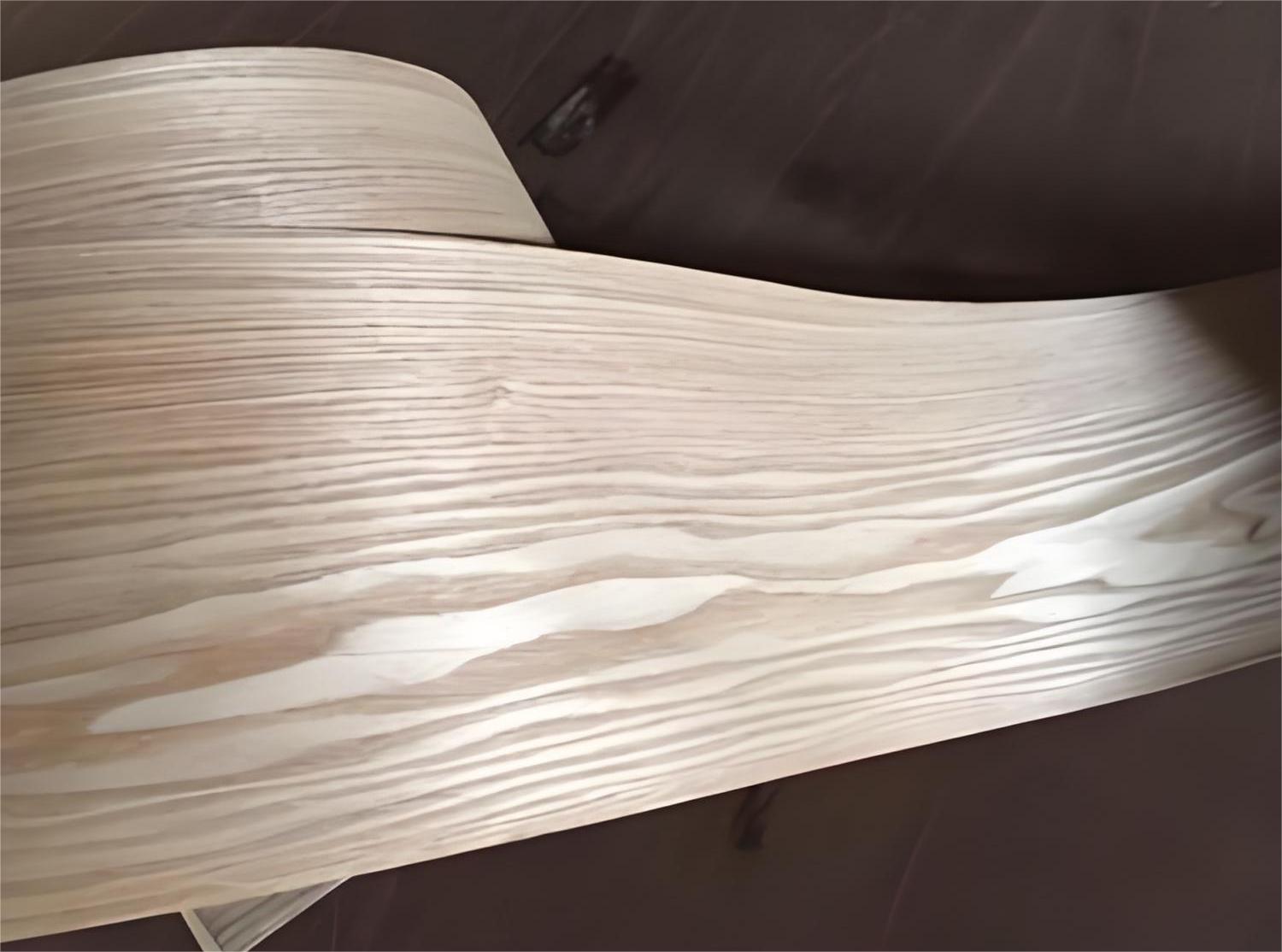
The veneer pasted by veneer glue is divided according to the thickness of the veneer. The veneer greater than 0.5mm is called thick veneer, and the veneer greater than 0.2mm and less than 0.5mm is called micro veneer, this kind of thickness of veneer is often used in the manual veneer process. Below, I will explain to you how to apply glue in the manual veneer process:
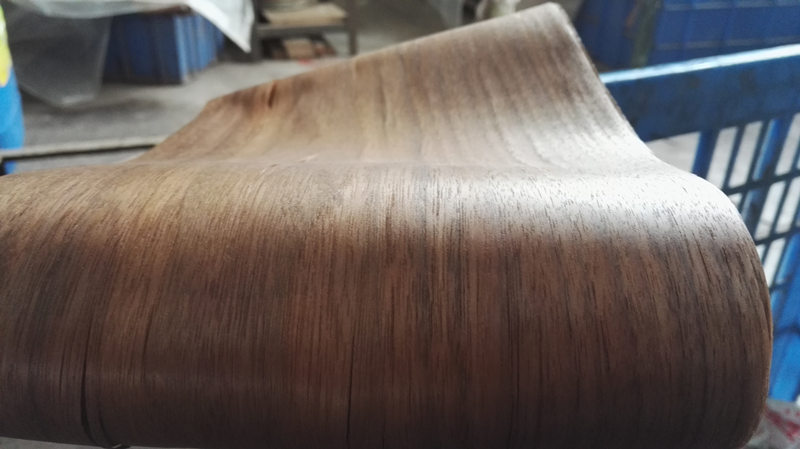
Furniture factories generally use short-haired rollers to apply veneer glue on one side. Before applying glue, the board needs to be smoothed and dusted. The veneer can be properly moistened with water mist to maintain its flexibility and humidity, making it easy to fit.
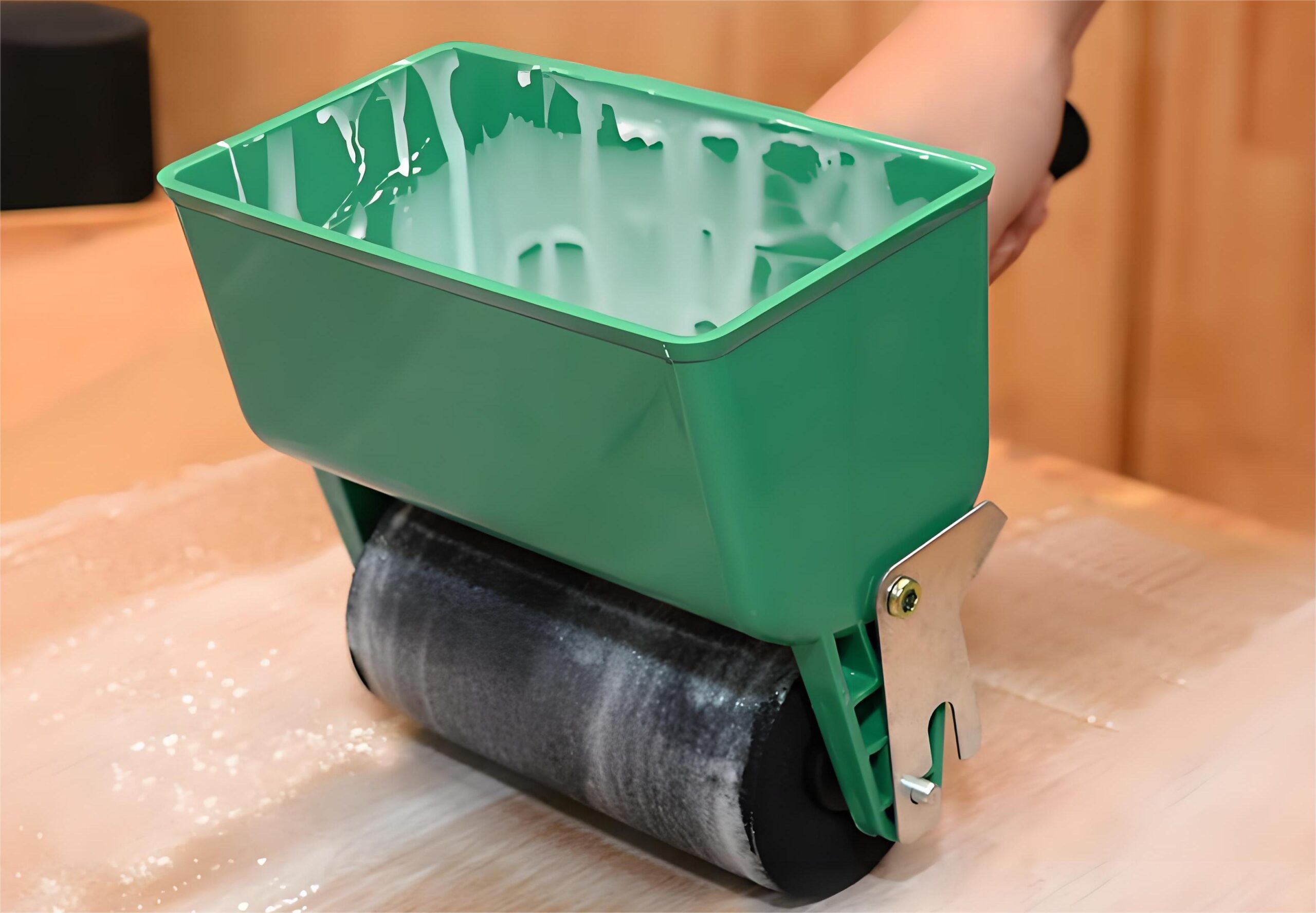
When applying glue, ensure that the board is evenly coated with glue. The amount of glue applied is generally: 100-160g∕㎡ (too high a glue amount will cause the drying speed to slow down, and the veneer is also prone to glue penetration; If the amount of glue is too low, the glue will completely absorbed by the board, and there will be no glue at the bonding point, which will affect the bonding strength). Cover the board with veneer within 40-60 seconds(The specific time depends on actual conditions such as ambient temperature, wood substrate, air humidity, etc.) The premise is to ensure that the glue can be transferred to another unglued substrate.
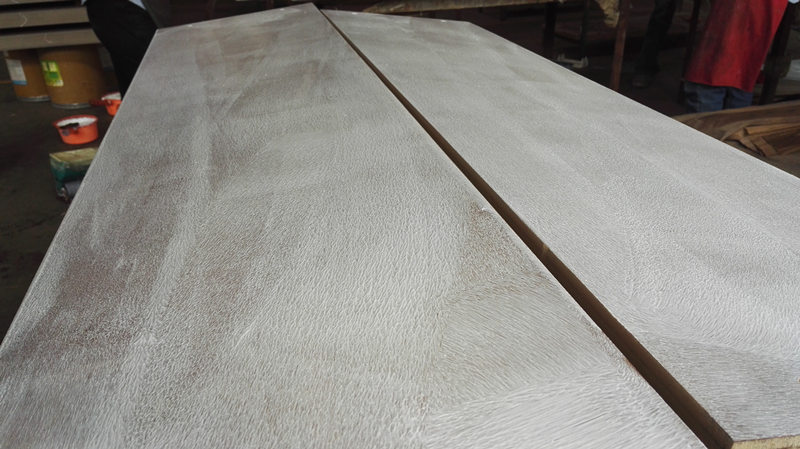
After the wood veneer is bonded, it needs to be left to dry for 5-10 minutes (the specific time depends on the actual conditions such as ambient temperature, wood matrix, air humidity, etc.). This is mainly to ensure that the wood veneer glue can penetrate reasonably until the glue on the veneer does not stick to your hands. , you can use a scraper to gently scrape the paint so that the veneer and the board can stick together.
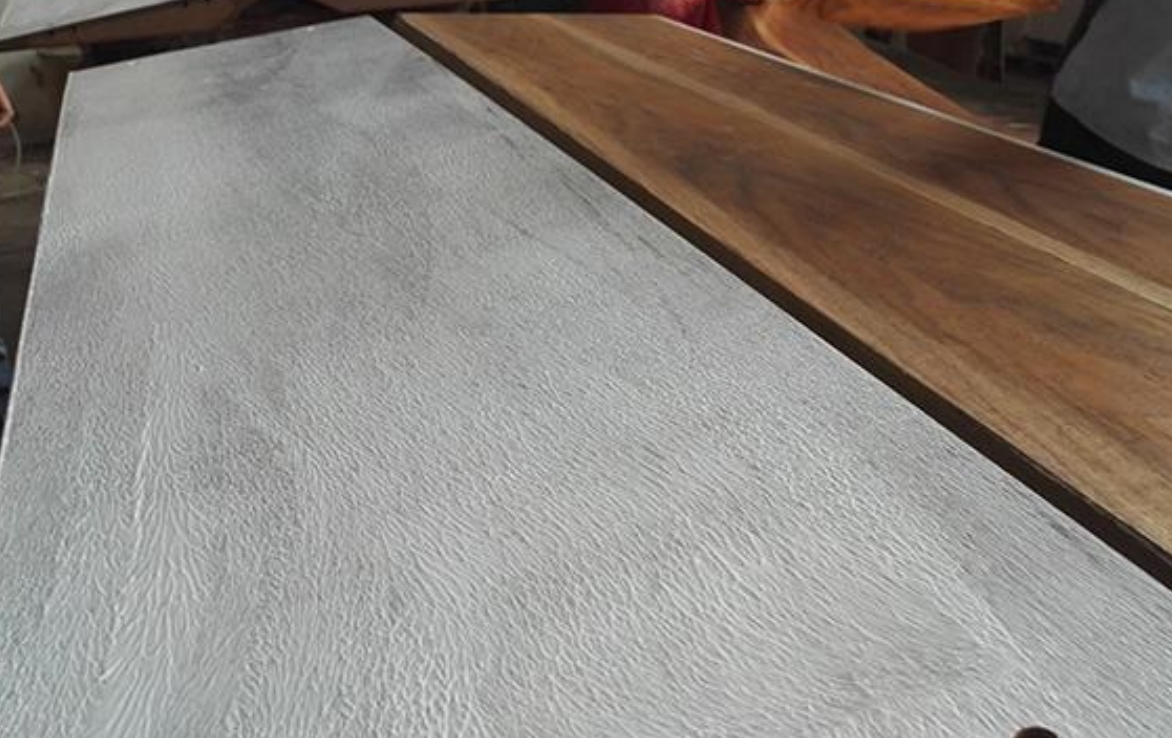
If conditions permit, you can use an electric iron (150-170°C, the specific temperature depends on the actual conditions such as ambient temperature, wood substrate, air humidity, etc.) to gently iron it until the surface of the board has a certain temperature. Use an electric iron to iron it. Ironing will not only help the glue penetrate the base material but also make the veneer bond more smoothly and beautifully.
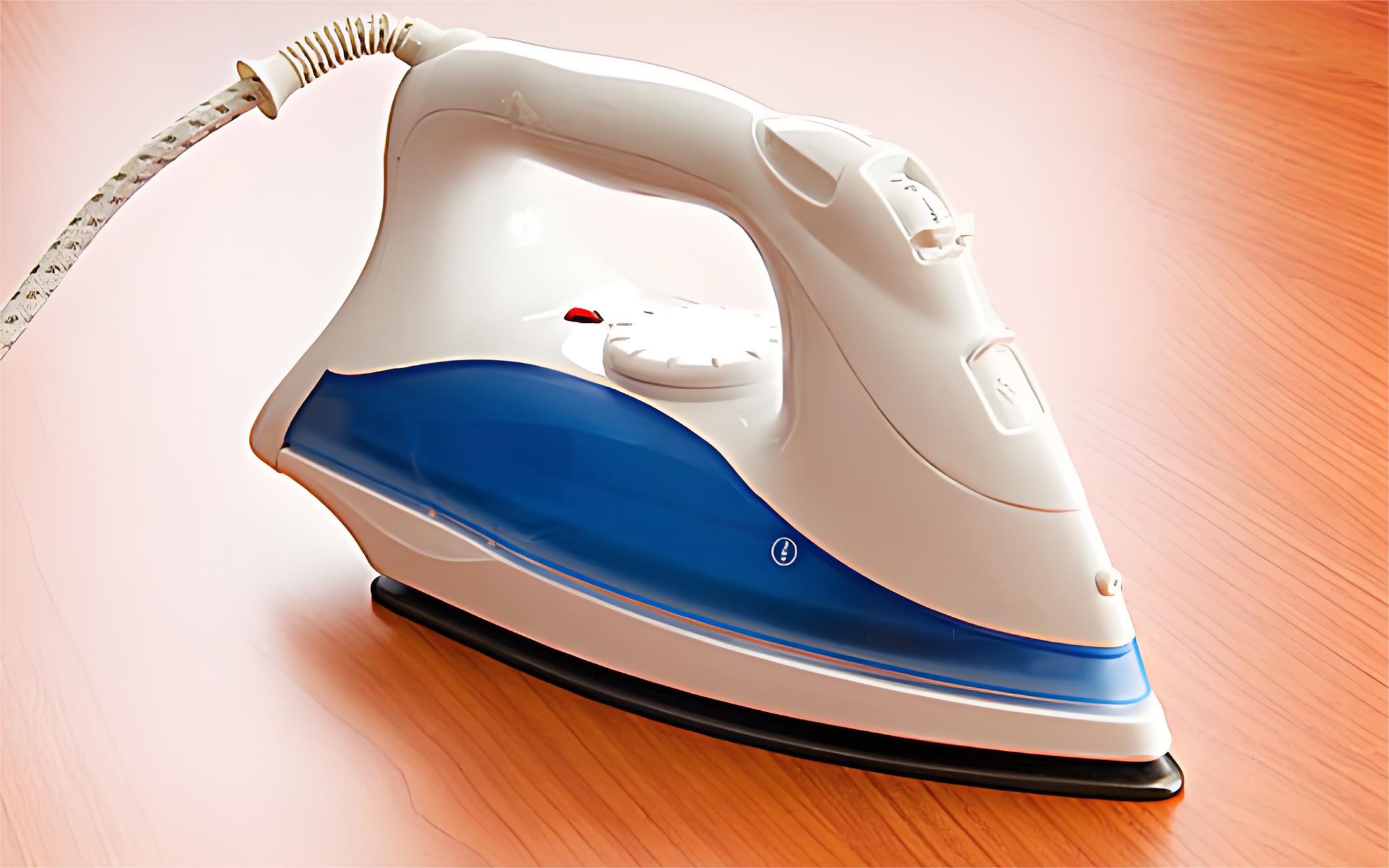
After pasting, you need to observe whether there is bubbling or lack of adhesion. If the above situation occurs, you can use a tool to gently scrape it tightly, iron it again with an electric iron, and let it stand for a while before proceeding to the next step.


